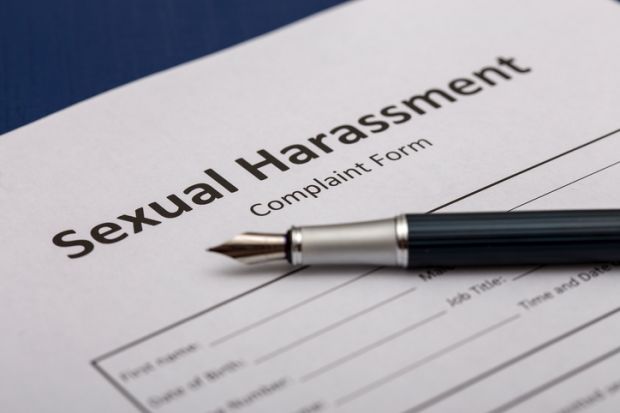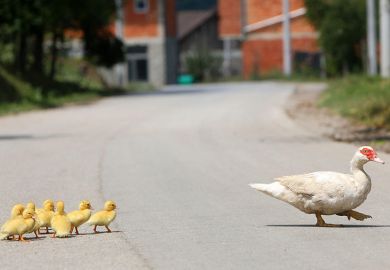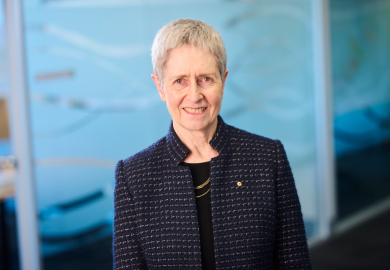Australian academics have opened a new offensive against the thorny issue of student-supervisor relationships, after a survey found that half of female academics in science, technology, engineering and mathematics have experienced sexual harassment in the workplace.
The Australian Council of Graduate Research unveiled a suite of videos and training materials exploring common “scenarios” that can give rise to questionable dealings between research supervisors and doctoral candidates.
“The scenarios will challenge supervisors, students and senior university administrators to reflect on the complex power relations that emerge in a research environment – be it in a science lab, a field trip or casually reviewing a manuscript,” said ACGR convenor Sue Berners-Price.
“The research community attracts some of Australia’s leading thinkers. A respectful research environment is not only a minimal expectation but ensures everyone reaches their full potential.”
She said that 36 Australian and New Zealand institutions had already signed up to use the resources.
The materials have emerged after a survey by representative body Science and Technology Australia uncovered evidence of pervasive sexual harassment. Among the respondents, 58 per cent of them academics, one in two women and one in 10 men said that they had been harassed in the workplace.
STA president Emma Johnston said that the sector had “a lot of work to do” to address the issue.
The organisation undertook the analysis as part of a submission to an Australian Human Rights Commission inquiry into sexual harassment in Australian workplaces. The submission says that the problem is particularly pronounced in STEM, where most disciplines are male-dominated.
“Gender inequity within STEM fields begins to worsen at the research student stage, or directly after, making this a key point in the leaky pipeline for women in STEM,” it says.
The submission highlights “respectful supervisory relationships” guidelines developed in the aftermath of the commission’s 2017 report into assault and harassment on Australian campuses, but says that only some universities have adopted these guidelines.
It says that the guidelines should be embraced by all universities and other STEM workplaces.
The submission also says research institutes should be obliged to report sexual harassment cases to federal funding bodies, and that those found guilty of sexual harassment should have their access to federal funding revoked and professional honours stripped.
Register to continue
Why register?
- Registration is free and only takes a moment
- Once registered, you can read 3 articles a month
- Sign up for our newsletter
Subscribe
Or subscribe for unlimited access to:
- Unlimited access to news, views, insights & reviews
- Digital editions
- Digital access to THE’s university and college rankings analysis
Already registered or a current subscriber?








